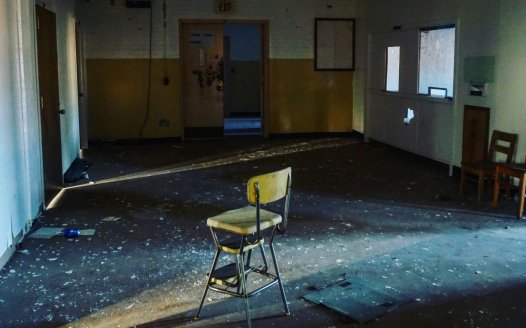NSS welcomes Ofsted analysis of the state of RE, but warns recommendations don't go far enough
Posted: Sat, 5th Oct 2013
The National Secular Society has welcomed a new analysis of the state of religious education in schools from the education regulator Ofsted, but has warned its report's recommendations don't go far enough.
The report, Religious education: realising the potential found a confused sense of purpose of what religious education is supposed to be about. This, coupled with weaknesses in the way religious education is examined, meant too many pupils were leaving school with low levels of subject knowledge and understanding.
The report found most GCSE RE teaching failed to secure the core aim of the examination specifications – to enable pupils 'to adopt an enquiring, critical and reflective approach to the study of religion'.
Achievement and teaching in RE in the 90 primary schools visited by inspectors were less than good in six in 10 schools. Achievement and teaching in RE in the 91 secondary schools visited were only good or better in just under half of the schools.
At present community schools and voluntary controlled faith schools follow a locally agreed syllabus drawn up by local committees comprising of teachers, local churches, faith groups and the local authority. Voluntary aided faith schools and academies and free schools with a religious character are permitted to teach RE from a selective, exclusive or confessional viewpoint.
The report recommends a review of the current statutory arrangements for RE in relation to the principle of local determination. It also calls on the Department for Education to ensure that religious education is monitored more closely, particularly in secondary schools.
Ofsted recommends that schools should ensure that RE has a "stronger focus on deepening pupils' understanding of the nature, diversity and impact of religion and belief in the contemporary world."
The National Secular Society welcomed the call for a review of the statutory arrangements for religious education but said the whole concept of RE now needed a radical rethink.
Stephen Evans, NSS campaigns manager, said: "This report paints a bleak but realistic picture of the state of RE in schools. However, the report's recommendations fall well short of what is needed, not only to improve the academic and personal development of pupils, but to also ensure that the rights of children and young people, and their parents, are respected.
"Many faith schools do not treat religious education as an academic subject but as an opportunity for evangelising. With the freedom to determine their own syllabus for RE, many schools with a religious character abuse the subject and use it for missionising.
"Young people would be better served by a new National Curriculum subject under a different name that allows pupils to take a more objective and religiously neutral approach to the consideration of moral and ethical issues. Such a subject would cover a variety of religious, non-religious and secular philosophies and worldviews.
"Importantly, religion and belief groups should have no privileged input into the syllabus. As with other subjects, the syllabus should be nationally determined by independent educationalists without an agenda motivated by a specific religion or belief."
Read the Ofsted report, Religious education: realising the potential
Read the National Secular Society's briefing paper on religious education







